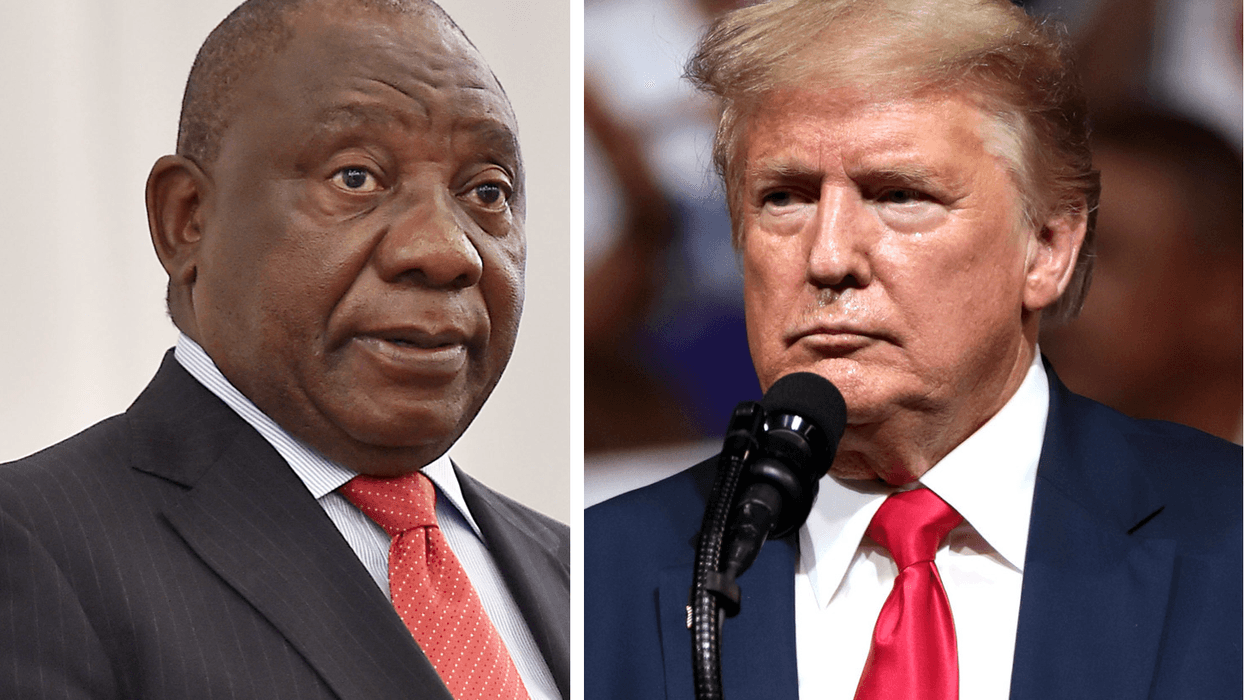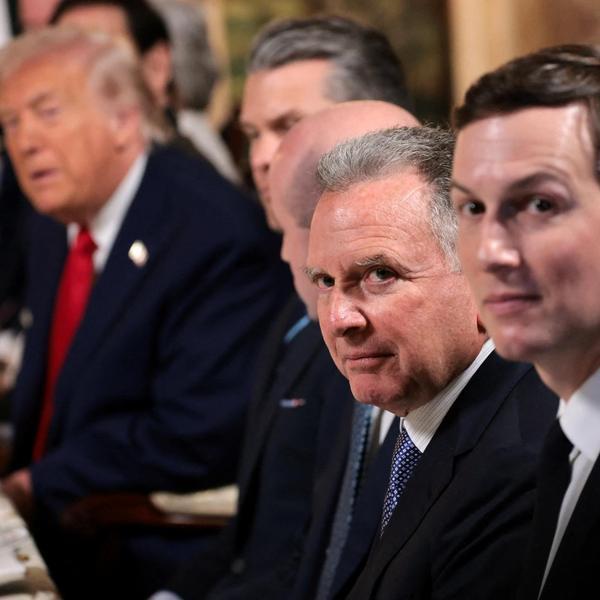Historic anniversaries — like today, the 100th year anniversary of the ratification of the 19th Amendment — are often seen as opportunities for unity. Luckily, on at least one major issue, there is unity hiding in plain sight. For all the bluster and rhetoric on display at the political conventions this month, most people in this country see the Pentagon’s gargantuan $740 billion budget as a worthy target for cuts. But this shift in opinion shouldn’t come as a surprise. Experience and expert analyses point to a contradictory but potentially liberating truth, if we are willing to address it: As the Pentagon’s budget has grown, American security has suffered.
There are many ways to find consensus on this critical issue. What about left versus right? Polling shows that a majority of both Republicans and Democrats would make tens of billions of dollars of cuts to Pentagon budgets. But what about intraparty divides between activists and moderates? By a three-to-one margin, independent and moderate Democrats prefer a candidate who would cut wasteful Pentagon spending over one willing to "spend what it takes" to ensure U.S. military supremacy. Polling of military veterans also shows antipathy toward ballooning military budgets. And not only are activist-types like Sen. Bernie Sanders (I-Vt.) and Rep. Barbara Lee (D-Calif.) on board, but establishment figures including Senate Minority Leader Chuck Schumer (D-N.Y.) last month and even President Trump during his first year in the White House have endorsed reining in Pentagon budgets.
Most Americans, meanwhile, are far ahead of Washington when it comes to embracing Pentagon reductions — even when considering that it could mean fewer defense jobs in their district. Grassroots groups representing conservative, progressive and racial justice movements have also all endorsed reducing Pentagon budgets in their 2020 platforms. Local leaders, including women state legislators from every corner of the country, have repeatedly urged Congress to cut back on Pentagon spending, which at its current levels does more to benefit defense contractors than improve security for anyone else.
So, why the change? After all, it was only a few years ago that large swaths of the American public supported “safety,” in the form of Pentagon spending, at any cost. Fueled by a blank check of public opinion in the years after 9/11, from 2002 to 2017, the United States spent an average of almost $190 billion per year on counterterrorism. The Pentagon budget ballooned to levels not seen since World War II, and stayed there even as the wars in Afghanistan and Iraq have wound down.
Amid partisan jockeying and gridlock, our “security” budgets fell out of sync with what it means to be and feel “safe.” Even pre-pandemic, a growing number of Americans were finding themselves economically insecure, with shrinking wages and growing healthcare bills. Multiple “once in a generation” fires and storms were decimating local communities and economies. The United States continues to rank last among industrialized nations in maternal mortality, while faulty pipes and poor air quality threaten kids’ health in towns and cities across the country. As affordable quality education slipped out of reach for many Americans, China began to pull ahead of us, not militarily, but in technological innovation. While we spent $6.4 trillion bombing and then re-building countries abroad, guns, opioids, poverty, and racism killed tens of thousands a year at home.
Around the same time, the National Academy of Medicine commissioned a study that suggested that an additional investment of $4.5 billion a year could help safeguard the United States against the devastation a pandemic might cause. In 2017, the Army estimated that a pandemic could cause double the total number of battlefield fatalities sustained in all U.S. wars since the American Revolution. War games warned that the United States should be prepared for a pandemic. Still, the Pentagon trudged on, investing in ever more complicated systems such as the F-35 that became too big to fail, and pivoting to focus on a potential war with Russia or China.
And so, while Congress doled out trillions of dollars for hardware and every conceivable military threat regardless of probability, Americans’ real security plummeted. Today, as Americans continue to suffer in the wake of the COVID-19 pandemic, many don’t find it a stretch to think that perhaps we haven’t invested wisely. The coronavirus has now killed more Americans than 9/11. It has killed more than died in Vietnam and every war since, combined — and then some. In the wake of the pandemic, Americans have solidified their understanding that there are other, more probable and potentially bigger threats and challenges more worthy of our resources.
The current overlapping health, economic, and social crises have underlined in devastating detail the folly of our over-militarized approach. Instead, Americans of all stripes appear to be refocusing on improving our country’s systemic issues and recognizing that countering racism and investing in a sustainable economy are the anchors of a strong and secure nation.
Now, as we look back at 100-year milestones and look forward to uniting over the course of this year’s election and its aftermath, it’s past time to proceed with the unifying policy of a less militaristic view of the world, bringing the Pentagon back to reasonable and sustainable levels. Everyone deserves safety and the opportunity to succeed. And despite constant perceptions of division in this country, on that point, we can largely agree.
















